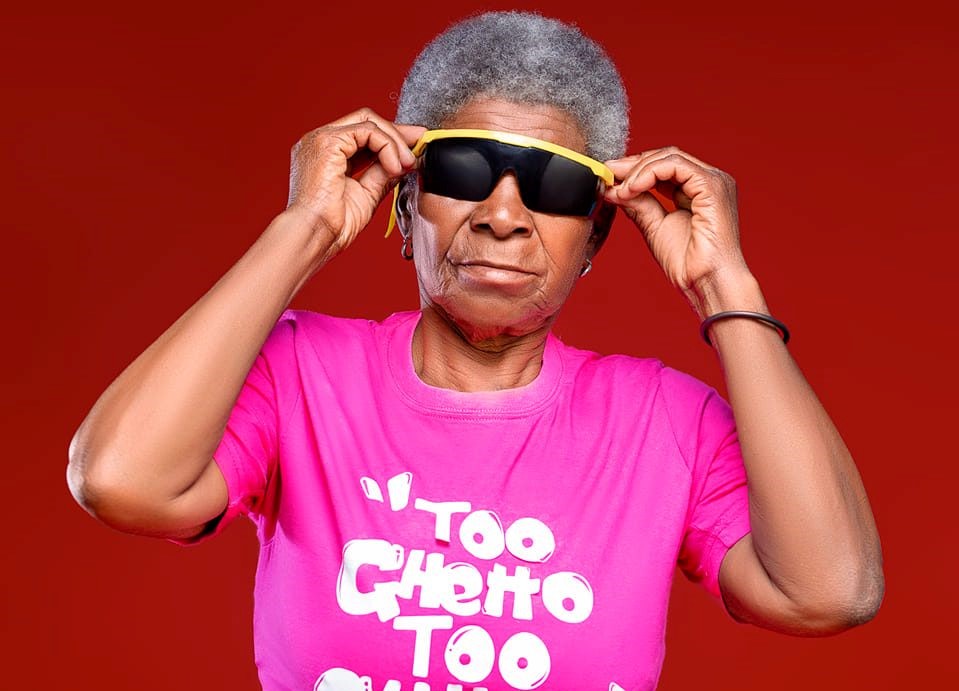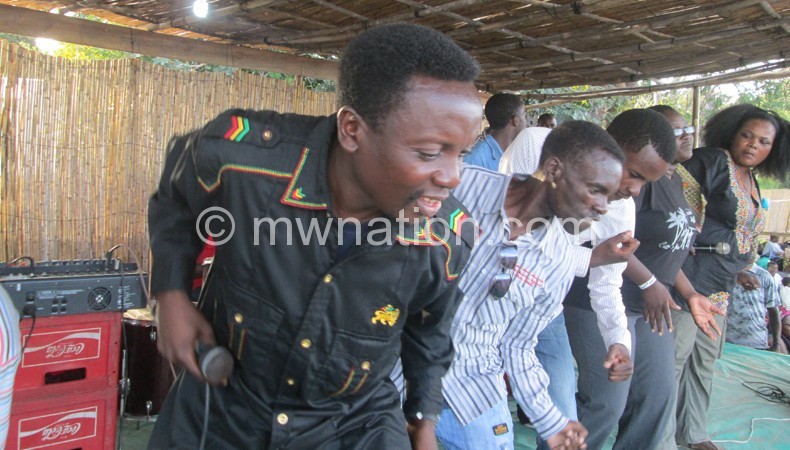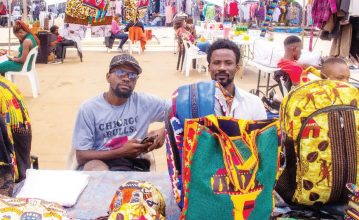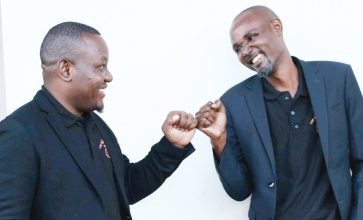The father of Malawian broadcasting
Lucius Chikuni unmistakable booming voice has formed the basis on which Malawian radio broadcasting has sprouted.
For over five decades, broadcasters have come and gone, but it is to the familiarity of Chikuni’s baritone tone that Malawians have turned to time and time again for news.

Born in the second year of World War 2 at Chigumula in Chipendo Village, Traditional Authority Machinjiri in Blantyre, Chikuni grew up there up to the age of 17 when the entire Chipendo Village and other surrounding communities were to be relocated as they were informed it was on land which was part of the estate of the British Central Africa Company (BCA).
“The communities happily scattered to various places. Some went to Chingale, others to Utale and Shire North, some moved to Balaka, Mdeka, Kunthembwe and Mpekeso, near Chileka.
“Me and my seven siblings, together with our widowed grandmother who took charge over us after the death of our mother the previous year, moved with most of Chipendo village families to Traditional Authority Chimaliro in Thyolo,” said Chikuni.
Having completed his secondary education, Chikuni was sent to St John’s Teacher-Training College, but political machinations ended his training at the height of the struggle for independence after 18 months or so of training in 1960.
He then worked as an accounts clerk at the Nyasaland government’s controller of stores in Blantyre for two years or so, before joining the then Federal Broadcasting Corporation of Rhodesia and Nyasaland (FBC) as an announcer in 1962.
1962 marked the beginning of the legendary broadcaster’s broadcasting career in Blantyre.
By 1963, broadcasting became the responsibility of the new self-governing country, Nyasaland and the station became Radio Malawi.
In 1964, the Malawi Broadcasting Corporation (MBC) was born, through enactment by the Legislative Council, which later became the house of Parliament of newly independent Malawi, on July 6 1964.
Chikuni provided the live live coverage of the event at Kamuzu Stadium in Blantyre.
“The pride and excitement I had in opening the new MBC radio station early in the morning at Chichiri House, having closed down the station in the current Blantyre Post Office Building, which housed the FBC, later Radio Malawi, the night before, was, as you can imagine, absolutely overwhelming.
“Yes, studio equipment was dismantled on closing the station at 22:00 hrs, moved overnight and reassembled by one engineer and two assistants in the persons of Russel Krocker of the United States and Pingulani Mkandawire and Solomon Munthali between 22:00 hrs and 04:30 hrs; ready to go on the air,” he explains.
Chikuni said the whole move was so dramatic that he remains nostalgic about the story to this day as he was one of the handful pioneers of communication to the populace in the new country, Malawi
Later in 1964, government, with the cooperation of the United States Agency for International Development (USAID), sent Chikuni to Indiana University in the United States of America (USA) to study mass communication.
He said the theoretical and practical studies at Indiana University both in the classroom and studios was followed by practical attachments to ABC TV, NBC TV in the city of New York, WMAX Radio in Grand Rapids Michigan and KFEQ TV in St Joseph, Missouri near Kansas City.
Chikuni says his broadcasting career turned out to become colourful and interesting when he decided to give the Malawian listenership something worthwhile.
He said: “Accordingly, I embarked on the production of the historical radio epic on the efforts at freedom by the late Rev. John Chilembwe of Chiradzulu, who in 1914 rose up in opposition against the white colonial establishment and was shot dead in that struggle somewhere in Phalombe.
“The radio play was code named, appropriately: Adaferanji (Why did they die?) I researched and produced the play in 1974 and the MBC has broadcast it repeatedly during Chilembwe Day, January 15 or 3rd March-Martyrs Day, since that time—40 years on!”
Also noteworthy during his broadcasting career is the idea he created of an inter-secondary school quiz programme: Top of the Class, which he presented and produced from 1972 to 1978 when he was appointed the first professional Director General/General Manager of the Malawi Broadcasting Corporation.
Top of the class was not only popular and entertaining, but also highly educational as it promoted the spirit of competition and, therefore, study, which contributed to the enhancement of educational standards in the country.
In March 1980, the then Head of State, Ngwazi Dr Hastings Kamuzu Banda appointed him as deputy head of the Malawi Mission to the United Nations in New York and after a one-and-a half stint there, he was posted in the same capacity, to Washington, D.C., the capital of the United States of America.
“I served in Washington essentially as Charge d’ Affaires of the Malawi Embassy for nearly five years, during which time; I travelled back to New York every year to beef up the Malawi delegation at the General Assembly session from September to December,” he said.
Chikuni was promoted to full ambassador and posted, in December, 1985 as Malawi High Commissioner to Kenya, concurrently High Commissioner to Uganda, Permanent Representative to the United Nations Environmental Programme (UNEP), Permanent Representative to the United Nations Centre for Human Settlements (HABITAT), ambassador to Egypt and ambassador to Israel.
In 1987, he was posted by the Government of Malawi as ambassador to South Africa. In 1990, he returned to the Home Service in the civil service, where from 1994 to 2003, he held the position of Principal Secretary, Commissioner for Disaster Preparedness, Relief and Rehabilitation, Principal Secretary for Foreign Affairs, 2003-2004 and Principal Secretary for Labour, 2004-2005.
Having left the Malawi civil service at 65, the broadcaster reverted to broadcasting as a communications consultant on a free-lance basis and his consultancy at present includes a couple of chores with Zodiak Broadcasting Station (ZBS).
Chikuni is a married father of five boys and five girls. He has 12 grandchildren and most of his children and grandchildren are scattered all over world.






he is a great guy, very professional and gentle. Knows how to inspire young people. I am privileged to have worked under him !